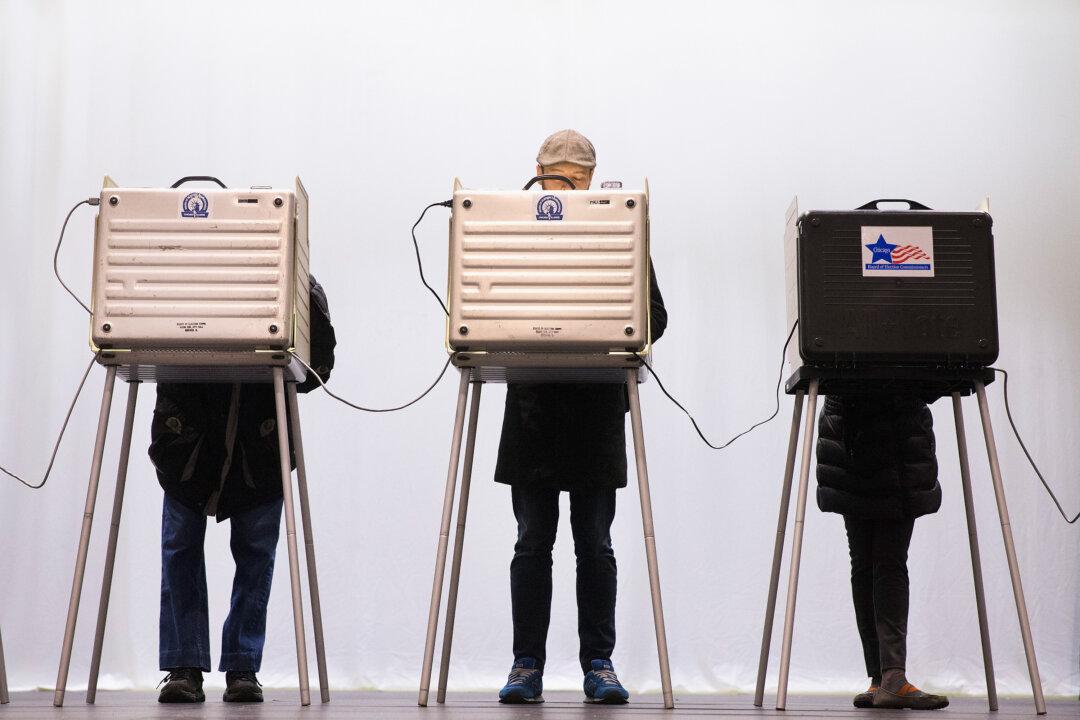Illinois state lawmakers have approved a vote-by-mail expansion for the November general election.
The House on May 21 passed Senate Bill 1863 by a vote of 72–43; the measure cleared the Senate on May 22 by 37–19. Gov. J.B. Pritzker, a Democrat, is expected to sign the legislation.





